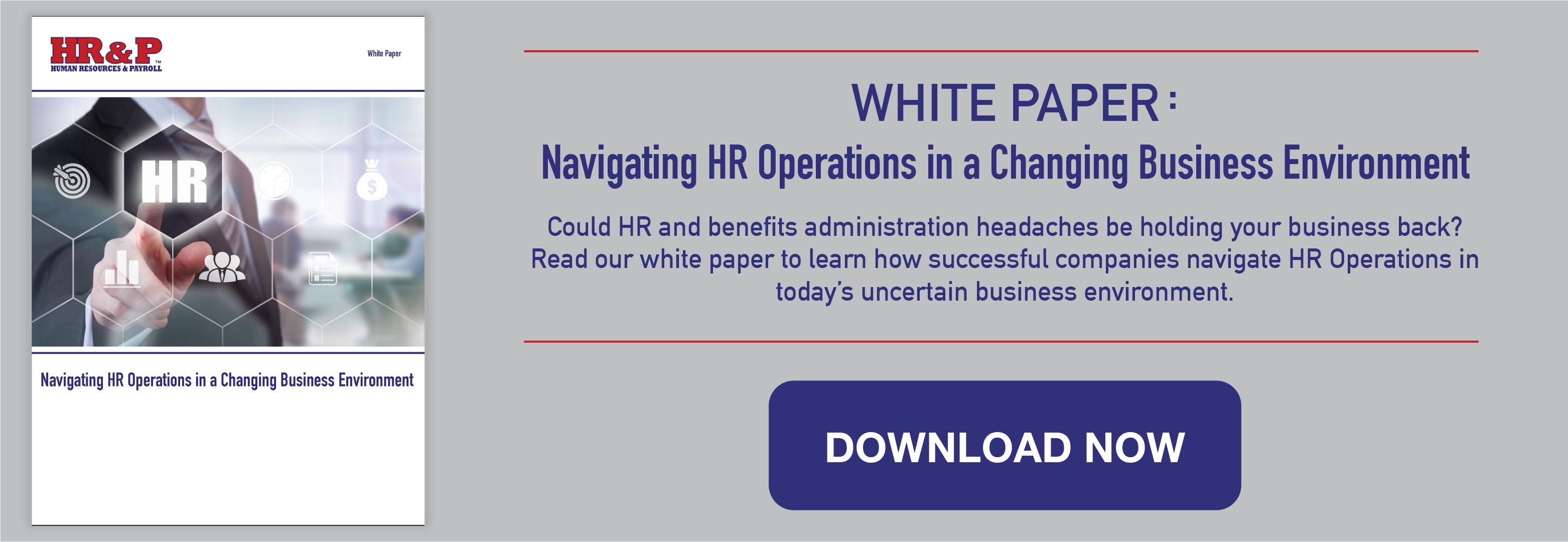More and more employers are using background checks as a regular part of the hiring process, and it’s easy to understand why. When it comes to the need to protect your business, your workforce and your customers, the stakes are high. The Society for Human Resource Management (SHRM) spells out a few good reasons why employers are turning to background checks to help with hiring decisions. They include:
- Heightened need for safeguards against hackers and terrorism,

- Growth in job applicant misrepresentation of their credentials,
- Reduced costs of background checks because of technological improvements, and
- Increased awareness of the various risks of failure to conduct adequate background checks.
“Negligent Hiring”
Among the various risks that employers face is being accused of “negligent hiring.” This is a legal concept used in lawsuits against employers that alleges an employee’s harmful actions (such as assault of a coworker) could’ve been avoided had the employer more thoroughly vetted the employee before hiring.
SHRM research indicates that 69% of employers conduct background checks (typically by hiring agencies to perform the task), while 18% do so on a selective basis. However, the prevalence of the practice varies considerably by company size. For example, among companies with fewer than 100 employees, less than half conduct criminal background checks on job candidates versus 83% for employers with at least 2,500 employees.
For employers that do background checks, nearly two-thirds do so after they have made a contingent job offer, and about one-third do so before making a job offer.
Scope of Investigation
If you’re thinking about jumping on the background check bandwagon, it’s critical to understand your legal obligations to job applicants before doing so. The Fair Credit Reporting Act (FCRA) — which is far broader in scope than its name implies — sets out federal requirements for background checks.
Under the FCRA, in addition to researching an individual’s creditworthiness, background checks can seek out information regarding the applicant’s “character, general reputation, personal characteristics, or mode of living.”
The FCRA’s most fundamental requirement is that you inform job applicants, or those to whom you have made contingent job offers (the contingency being the results of the background check), of your intention to conduct a background check. Doing so should include describing the background check, and getting the individual’s consent for the investigation.
The law and regulations are very particular when it comes to inform and consent procedures. Specifically, the document you use has to be separate from any other materials you give to the person, so that it won’t be overlooked. (The consent provision can, however, be included on the form.)
Job applicants generally understand that failure to consent to the background check means they won’t get the job, so few will refuse to sign the consent form.
“Consent Form Taboos”
The Federal Trade Commission (FTC), the main federal agency that oversees the FCRA, put out some informal guidance earlier this year on requirements for the consent form. The FTC was worried that companies were including “complicated legal jargon” that could confuse or mislead applicants. It listed four things that employers shouldn’t do with respect to these forms:
1. Don’t include language that claims to release you from liability for conducting, obtaining or using the background screening report.
2. Don’t require a certification from the prospective employee that all information in his or her job application is accurate.
3. Delete any wording that purports to require the prospective employee to acknowledge that your hiring decisions are based on legitimate nondiscriminatory reasons.
4. Get rid of overly broad authorizations that permit the release of information that the FCRA excludes from background screening reports — for example, bankruptcies that are more than 10 years old.
If a background check reveals some blemishes (or worse) in the prospective employee’s record, you still don’t have carte blanche to deny him or her the job. For example, the Equal Employment Opportunity Commission (EEOC) could accuse you of discriminating against a demographic group of employees — even if there’s no intent to discriminate.
The EEOC looks at whether your hiring practices have an adverse effect (often referred to as a “disparate impact”) on one demographic group when those practices can’t be shown to be strictly relevant to the qualifications for the job in question.
“Procedural Requirements”
After receiving a background check report, the FCRA requires that you take several steps before making your final hiring decision. Among other things, you need to:
- Inform job applicants of your intended action and give them each a copy of the background report,
- Supply applicants with the name and contact information of the background check reporting agency,
- Tell them they can request that the agency supply the information used to write its report, and
- Notify applicants of their right to dispute any of the report’s findings.
Bottom line: Obtaining a background check on a prospective new hire can be a useful tool in assessing a candidate’s suitability for the position you’re trying to fill. But you need to jump through some legal hoops to use it properly. We have provided only an overview of those evolving requirements here, so consult with a labor law expert before adding background checks to your hiring decision toolbox.
TESTIMONIALS
As we’ve grown, so have our administrative and payroll needs. That’s why we’ve partnered with HR&P. HR&P supports us every day with human resources, payroll, benefits and compliance so we can focus on being the best BB’s Cafe we can be!
Since 2010, my company has grown to over five hundred employees. With our tremendous growth we needed a human resources and payroll company that could grow with us. That company is HR&P. And as laws have changed, like the Affordable Care Act, HR&P has kept us in compliance. I focus on growing Twin Eagle. I trust HR&P with the rest.
We are the industry leader in Oil Spill Cleanup Products and have dealt with numerous Oil Spill disasters. Knowing up close what a disaster looks like we choose to avoid them in our offices. HR&P guides us through the land mines of HR, Payroll and Benefit compliance so my team can focus solely on helping our clients with their problems, and we avoid our own.
One of the best things we did for our business was to partner with HR&P. They’re the experts in human resources, payroll and benefits administration.
HR&P’s web based solutions make it easy for us to manage our employee’s needs. They also help us stay compliant with the Affordable Care Act and with “the alphabet soup” of constantly changing Governmental regulations.
I run a restaurant, from early in the morning to late at night, our team works hard to deliver great food in a fun atmosphere.
But there’s a lot more to running a business like human resources, payroll, benefits and compliance. So we turn to HR&P.
Outsourcing to HR&P keeps us focused on our business.
NEWSLETTER
To receive more HR articles and tips that keep you informed, sign up for our newsletter.

